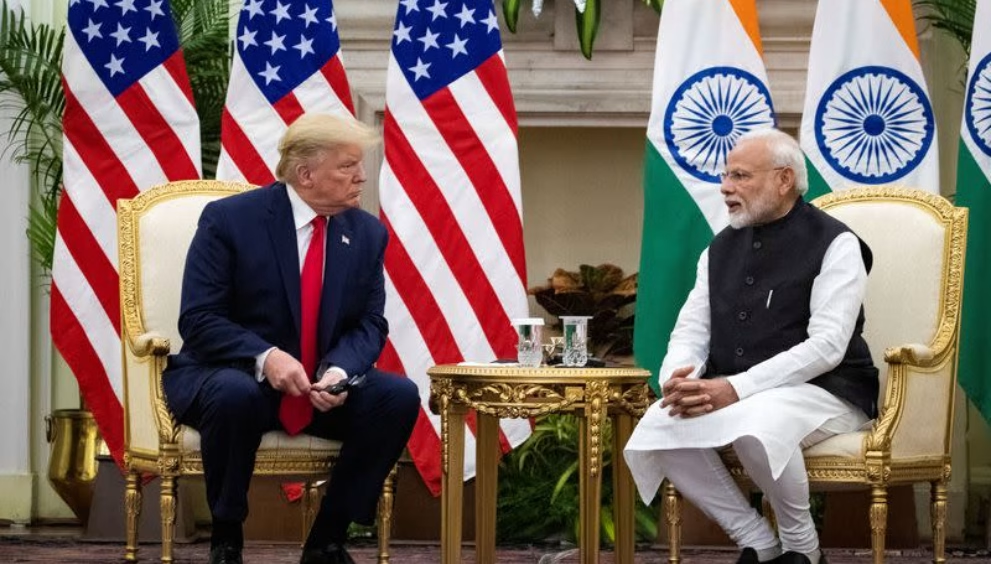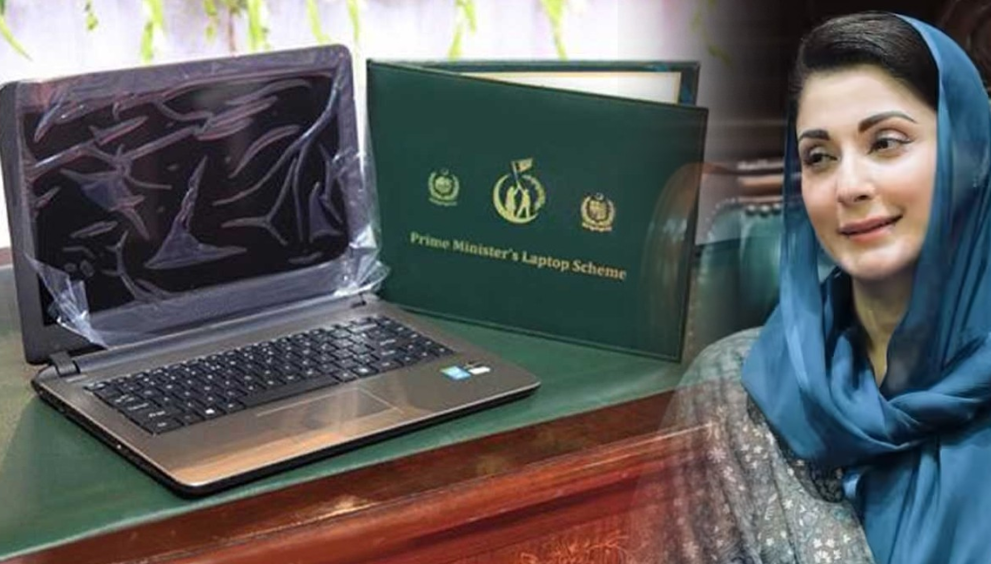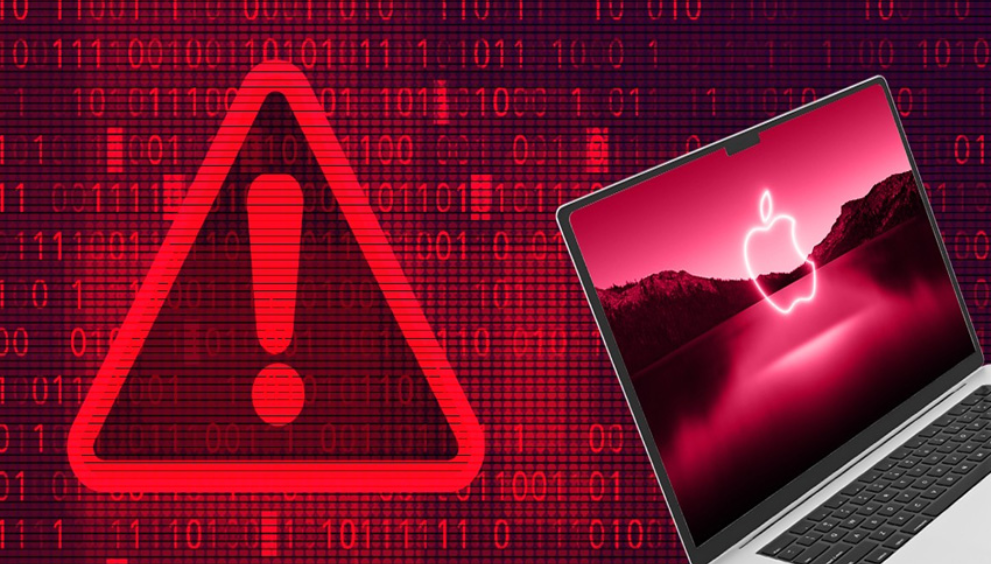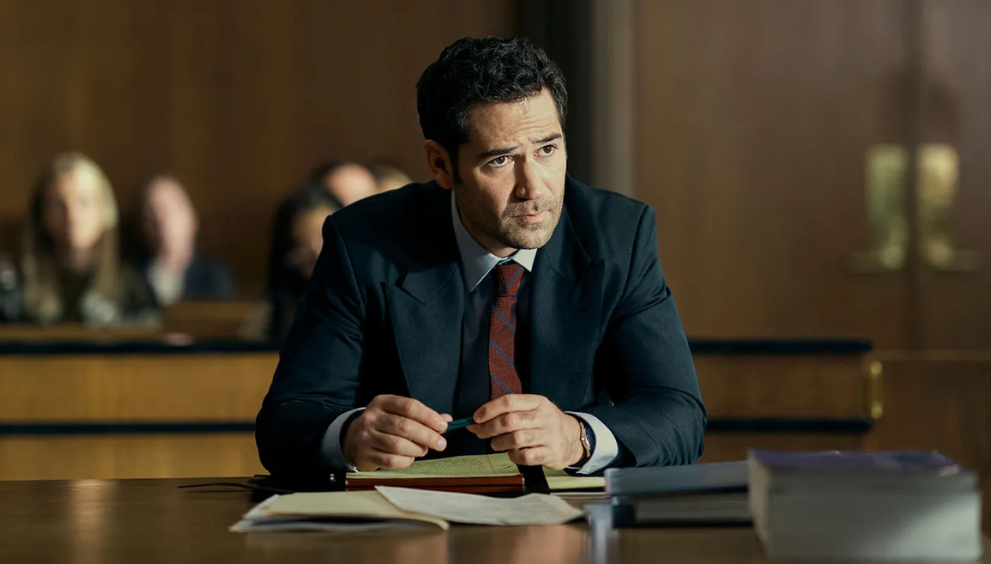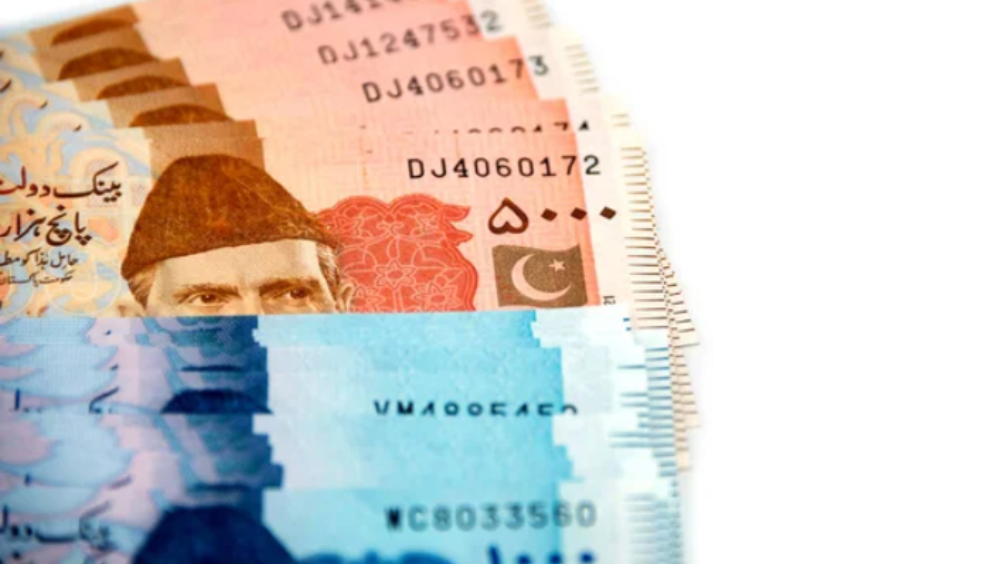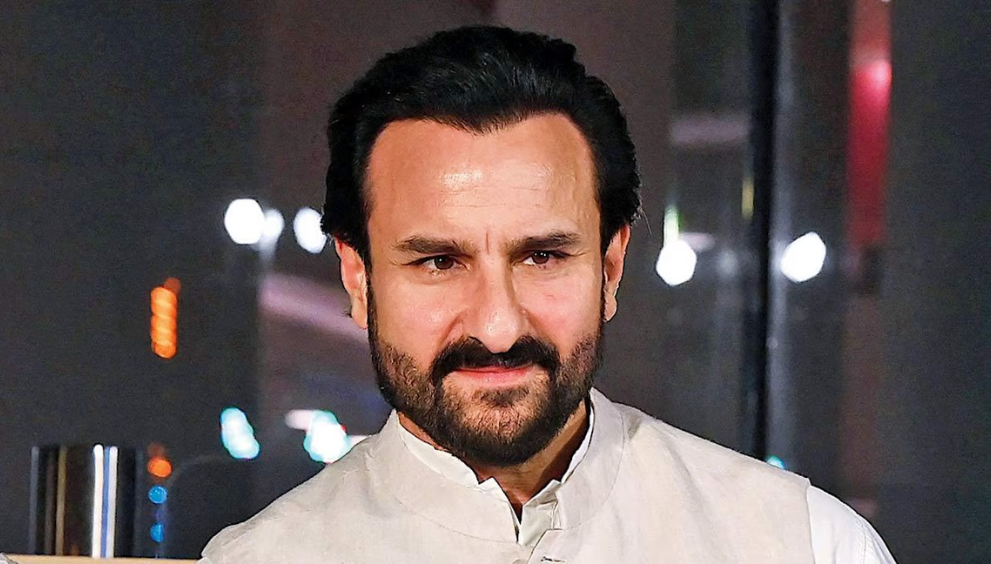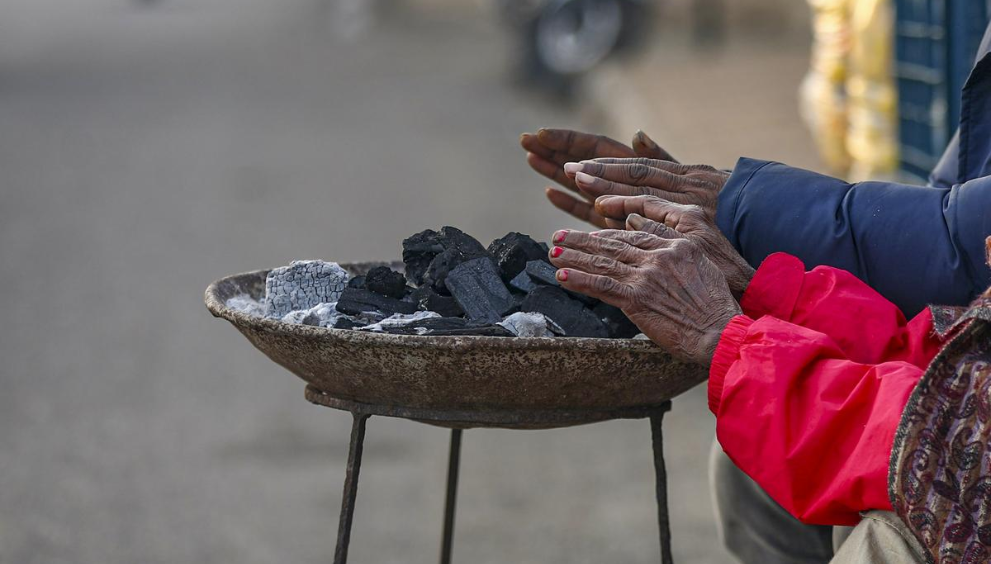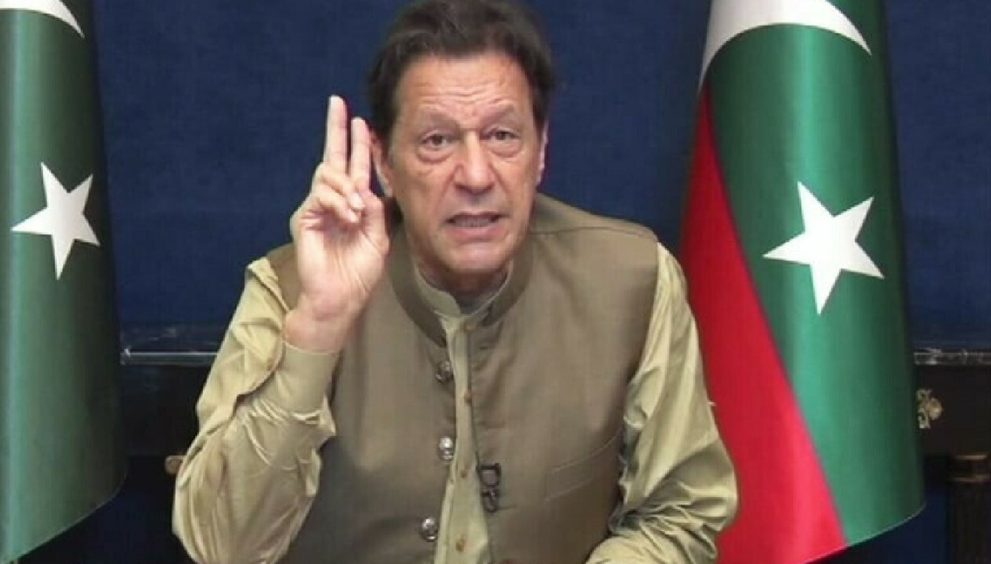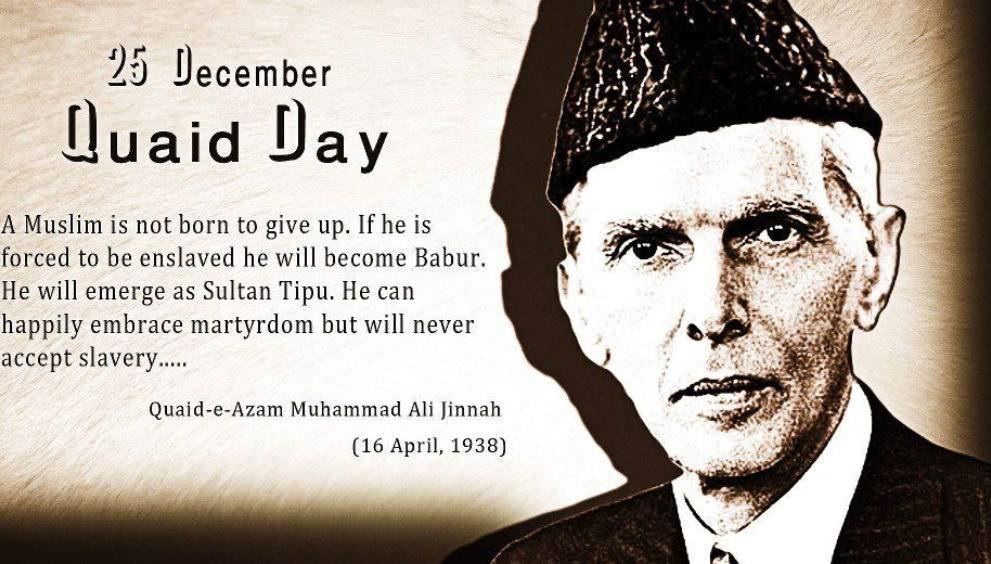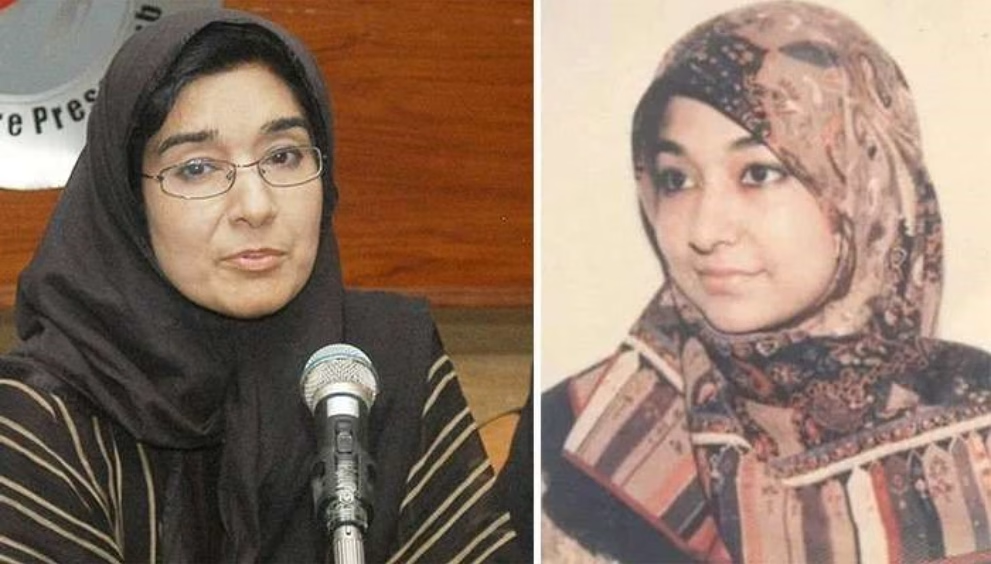Dr. Aafia Siddiqui: 1. A Case That Divides the World
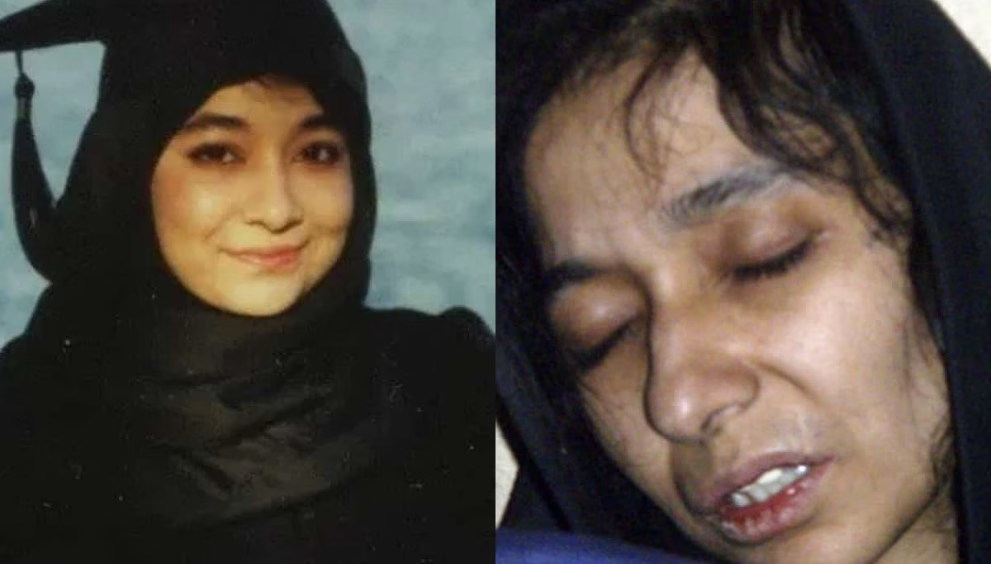
Dr. Aafia Siddiqui: 1. A Case That Divides the World
1. Early Life and Background
Birth: Dr. Aafia Siddiqui was born on March 2, 1972, in Karachi, Pakistan, to a well-educated family.
Family Background: Her father, Dr. Mohammed Siddiqui, was an educator, and her mother, Dr. Ismat Siddiqui, was a prominent educationist. The family placed a high value on education.
Early Education: She excelled in academics from a young age and later went on to study abroad.
2. Higher Education in the United States
Education at MIT: Dr. Siddiqui moved to the United States for her higher education, enrolling at the Massachusetts Institute of Technology (MIT). She pursued a degree in neuroscience.
Ph.D. in Cognitive Neuroscience: After completing her undergraduate studies, she continued to study neuroscience and earned her Ph.D. in cognitive neuroscience.
Academic Excellence: She gained recognition for her exceptional academic achievements, making her a standout in her field.
3. Marriage and Family Life
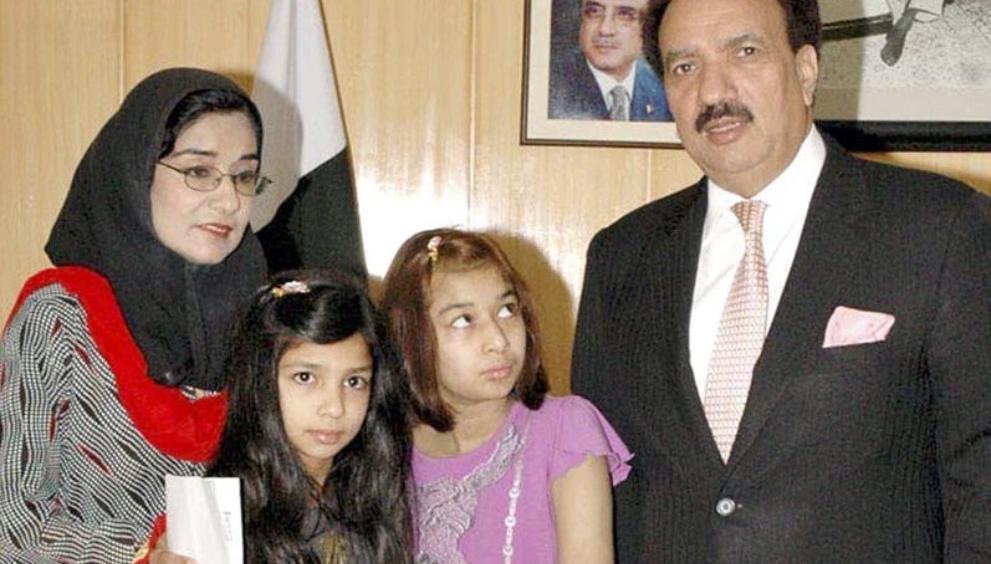
Return to Pakistan: After completing her studies in the U.S., Dr. Siddiqui returned to Pakistan in the early 2000s.
Marriage and Children: She married Dr. Amjad Khan, and the couple had three children.
4. Mysterious Disappearance
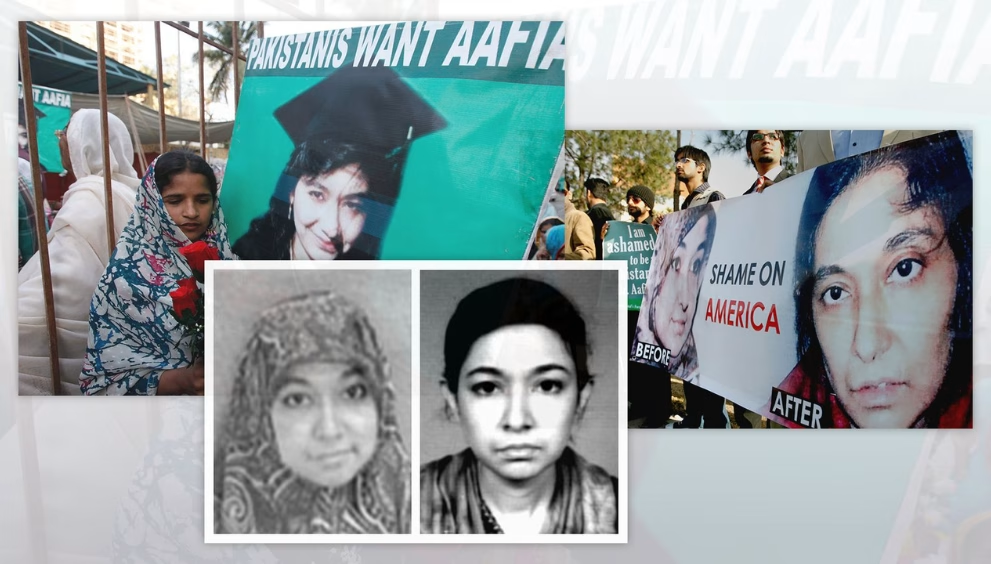
2003 Disappearance: In 2003, Dr. Aafia Siddiqui and her children mysteriously disappeared. Her family lost contact with her, and her whereabouts were unknown for several years.
Speculation: There were rumors that she was being detained by U.S. authorities, but no concrete information was available at that time.
5. Discovery in Afghanistan
Detention by U.S. Forces: In 2008, it was revealed that Dr. Siddiqui had been arrested by U.S. authorities in Afghanistan. She was allegedly found in possession of documents indicating she was planning a terrorist attack.
Accusation of Terrorism Links: The U.S. government accused her of having links to terrorist organizations, particularly Al-Qaeda. Her family, however, denied these claims and argued that she was wrongfully detained.
6. The Trial and Charges
Charges Filed: Dr. Aafia Siddiqui was charged with attempting to murder U.S. personnel, including FBI agents and soldiers, during her detention in Afghanistan.
Alleged Incident: The prosecution claimed that while being detained, Dr. Siddiqui grabbed a firearm and attempted to shoot at U.S. soldiers.
Defense Arguments: Dr. Siddiqui’s legal team argued that the charges were fabricated and that she had been tortured, leading to her actions. They also claimed that there was no solid evidence to support the prosecution’s case.
7. Conviction and Sentencing
Trial in the U.S.: Dr. Siddiqui was tried in the U.S. and, in 2010, was convicted of attempted murder.
86-Year Sentence: She was sentenced to 86 years in prison for her alleged actions during her detention in Afghanistan.
8. Controversy and International Reaction
Global Debate: The case of Dr. Aafia Siddiqui became highly controversial. Supporters believed that she was wrongfully imprisoned and subjected to torture, while others considered her a threat due to her alleged connections to terrorism.
Protests in Pakistan: Dr. Siddiqui’s supporters in Pakistan organized protests, calling for her release and claiming she had been unjustly treated by the U.S. authorities.
Human Rights Concerns: International human rights organizations also raised concerns about her treatment, particularly the alleged torture and lack of proper legal representation during her trial.
9. Efforts for Release

Pakistani Government’s Involvement: The Pakistani government has consistently advocated for Dr. Siddiqui’s release and return to Pakistan.
Prisoner Swap Discussions: In 2019, there were discussions about a potential prisoner swap between the U.S. and Pakistan, but no agreement was reached.
10. Legacy and Ongoing Debate
Continued Support: Dr. Siddiqui’s case remains a major topic of debate and her supporters continue to demand justice and her release.
Political and Legal Implications: The case has brought attention to issues like wrongful detention, torture during interrogations, and the challenges faced by individuals caught in complex geopolitical situations.
Conclusion
Dr. Aafia Siddiqui’s case remains unresolved and controversial. While some view her as a victim of political agendas, others see her as a criminal with ties to terrorist groups. Her story highlights important issues regarding international law, the treatment of detainees, and the fight for justice in cases involving terrorism and geopolitics. Despite the passing of years, her supporters continue to fight for her release and the opportunity to clear her name.Read more informative blogs

 English
English 





